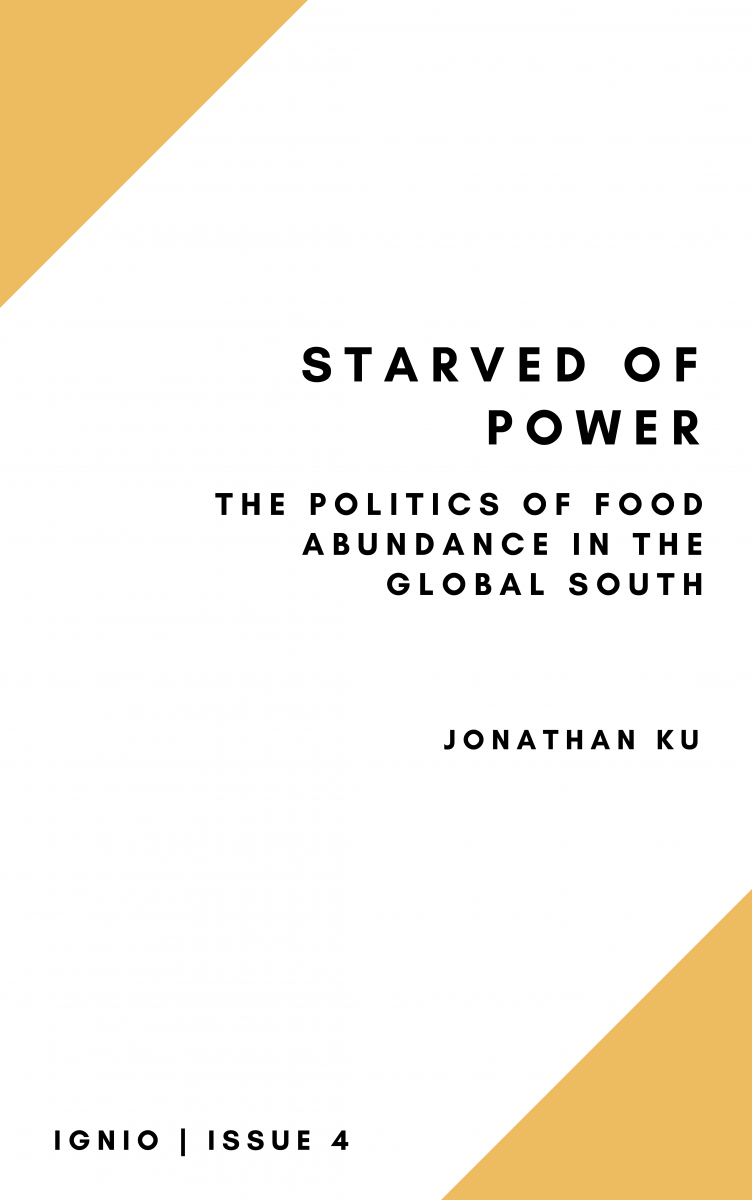
Our Team Submit Your Work Publications Get Involved
Ignio
[iɡ.ni.o] - latin
(v) Ignite
Ignio is a student-driven initiative created to build a space for students, recent graduates, and all those interested in contemporary international development issues to learn through the community, share ideas through non-traditional methods, and facilitate connections within the international development studies community.
About Us
Ignio is an exciting new initiative established to host student op-eds, blog posts, and creative submissions on contemporary international development issues. This student-led initiative aims to bridge the gap between classroom learning and rich exchanges with the greater IDS community. It is run by the International Development Student Association (AÉDSA) at the University of Ottawa, in collaboration with the Canadian Association for the Study of International Development (CASID). It is run in collaboration with the Canadian Association for the Study of International Development (CASID) and with the support of the International Development Student Association (AÉDSA) at the University of Ottawa.
Learn more about our team here.
Submissions
We accept three different types of submissions:
- Published Voices: Op-Eds, between 1,000-2,000 words. Content featuring contemporary international development issues and/or discourse. Range of scholarly to casual pieces.
- Blog Posts: No more than 1,000 words. A space for reflections, discussion prompts, opinion pieces about contemporary international development issues and/or discourse.
- Creative Connexion: Flexible submission criteria. Possible submissions may include poetry, photo essays, photovoice pieces, story telling, animation, etc. Maximum word count is 1,500 words.
For more information on submitting your work for publication with Ignio, please visit our page on submissions here.
Latest Works
Published Voices
Starved of Power
Jonathan Ku, (he/him), fourth-year student in Criminology and International Relations at the University
of Toronto
This essay argues that food sovereignty is necessary to solve the double burden of malnutrition that many developing countries are facing, outlining the connection between our current food production and distribution systems and the rise in both overweight and undernutrition in the Global South.
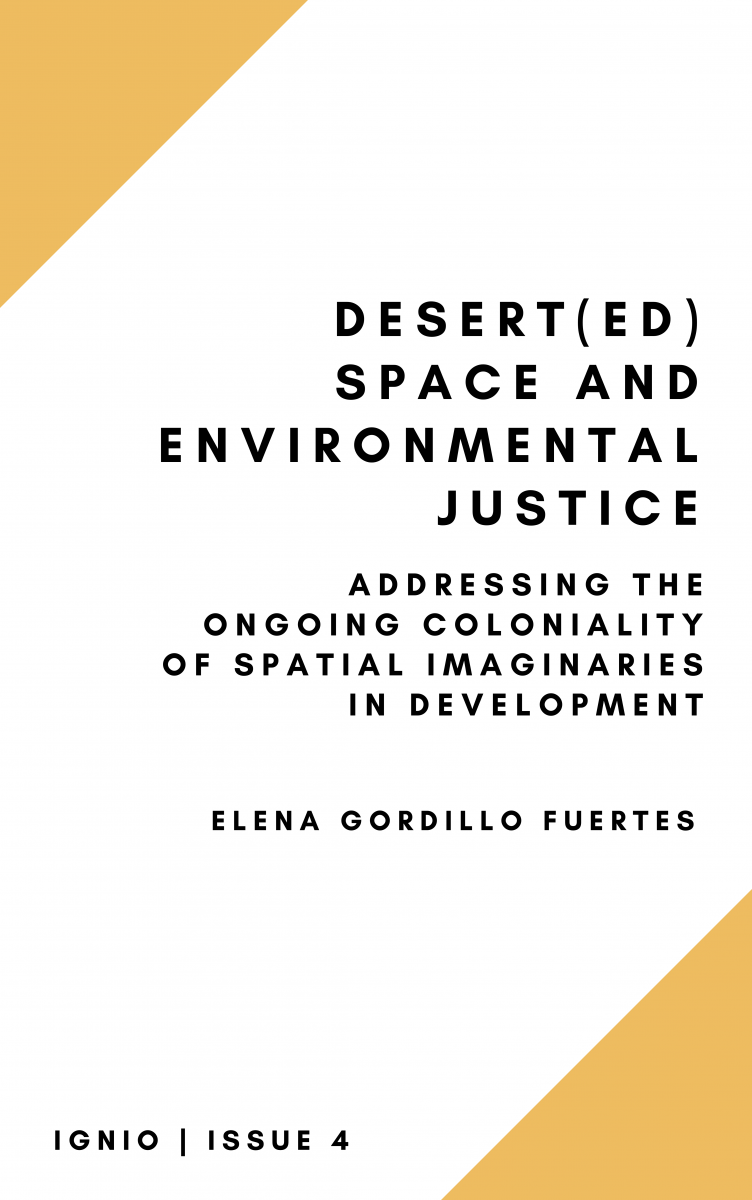
Published Voices
The Desert(ed) Space and Environmental Justice
Elena Gordillo Fuertes, (she/her), Masters of Public Policy and Global Affairs Student, University of British Columbia
This essay examines the concept of terra nullius, the doctrine used by colonial powers to depict colonised lands as empty and devoid of ‘civilised’ populations to advance land dispossession and appropriation. The work draws from contemporary examples to illustrate how understanding and dismantling the trope of empty space can support the efforts to create a more inclusive, sustainable and just future.
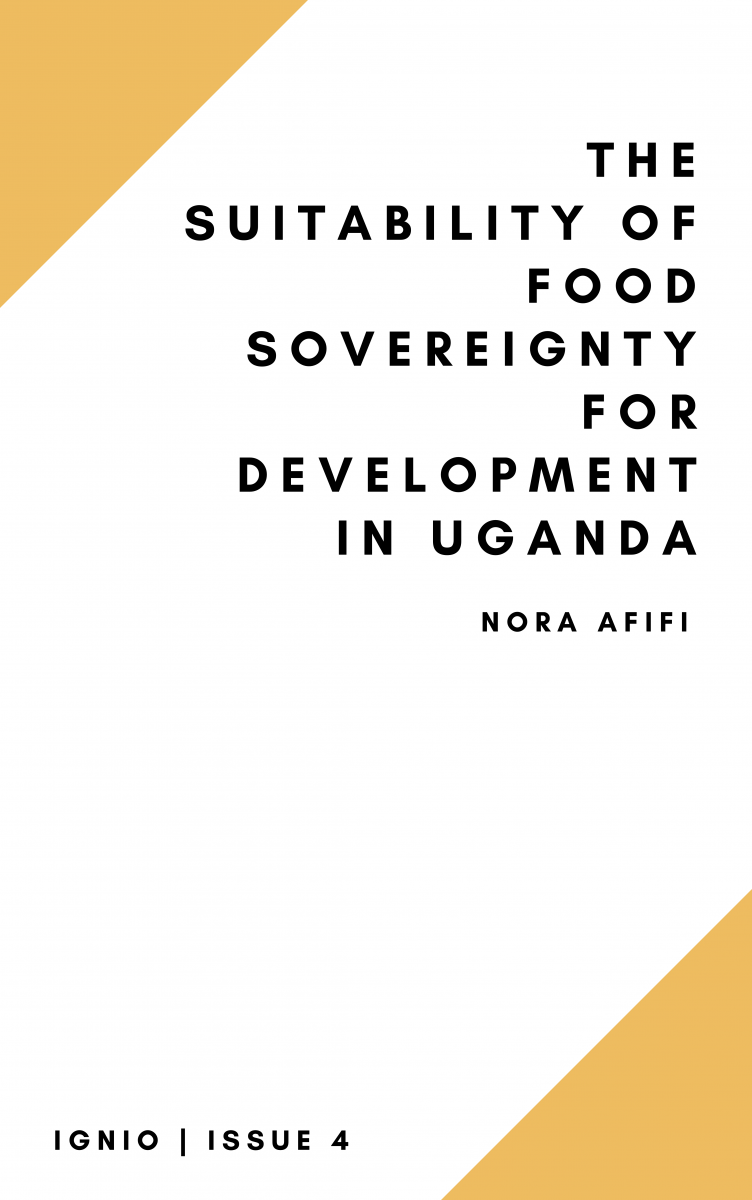 Published Voices
Published Voices
The Suitability of Food Sovereignty for Development In Uganda
Nora Afifi, (she/her), third-year International Development and Globalization student, University of Ottawa
This work seeks to evaluate the suitability of food sovereignty as an alternate economic model in Uganda. A traditional transition to industrial agriculture is discussed and juxtaposed with a potential rural development model centered on food sovereignty to evaluate their respective abilities to provide sustainable livelihoods in rural Uganda.
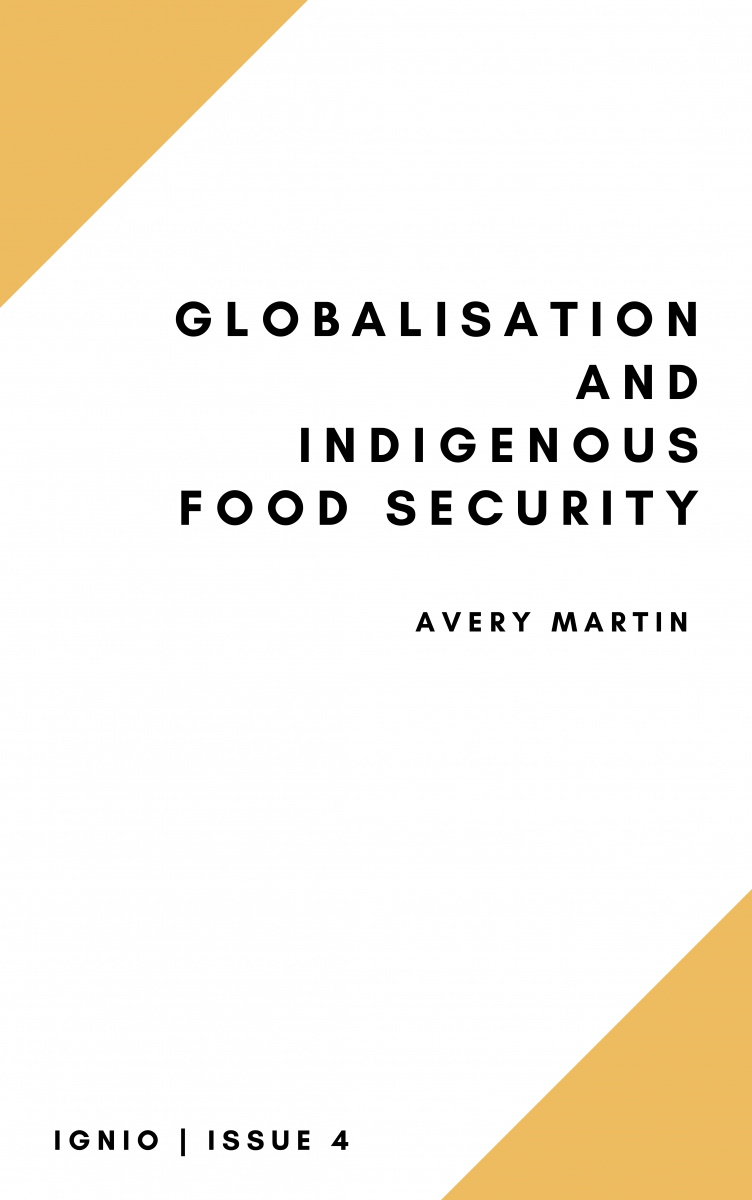 Blog Posts
Blog Posts
Globalization and Indigenous Food Security
Avery Martin, (she/her), recent graduate, Honours Bachelors in International Development and Globalisation (French Immersion), University of Ottawa.
Is Indigenous food security and a return to traditional food systems possible within capitalism and globalisation? This paper explores how capitalism is intrinsically opposed to Indigenous traditional values and cannot coexist alongside each other in order to support Indigenous food security and sovereignty.
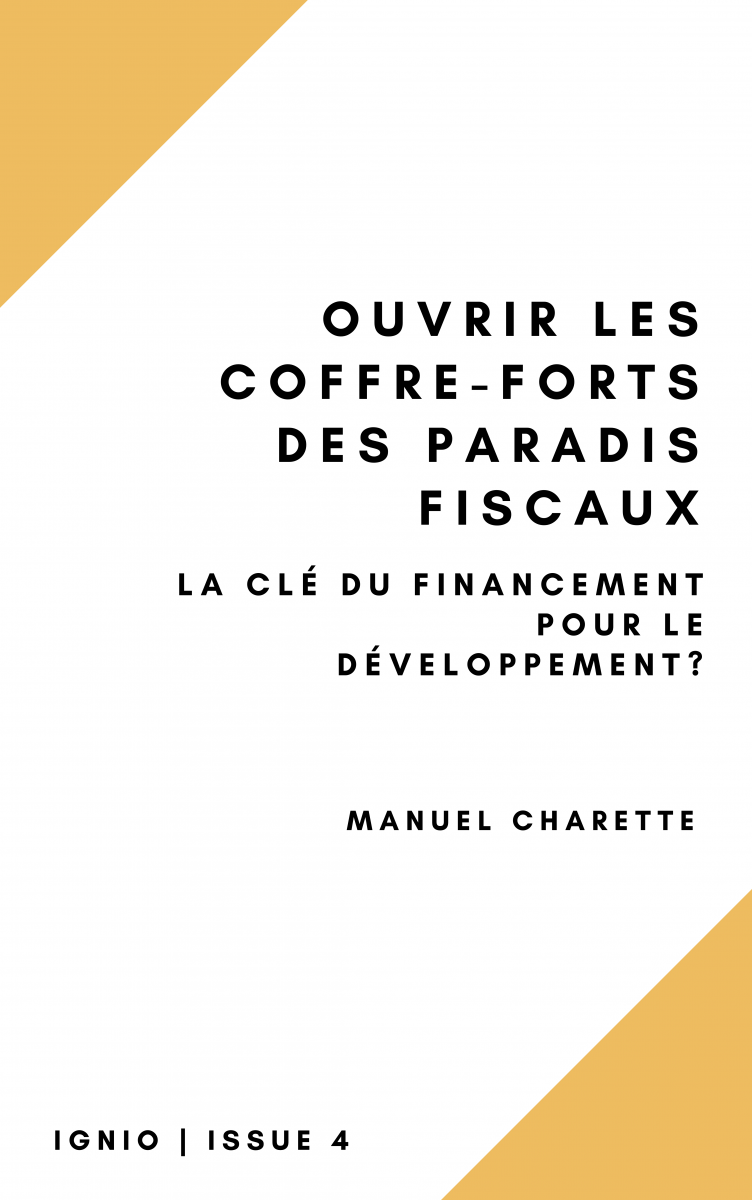 Blog Posts
Blog Posts
Ouvres les coffres
Manual Charette, (he/him), Masters student, Anthropology Studies, University of Ottawa
Pour répondre aux impératifs économiques des projets développementaux dans le contexte d’une mobilisation toujours insuffisante des fonds publics, l’importance de recourir à des fonds privés est de plus en plus mise de l’avant, bien que de telles stratégies soulèvent de nombreux doutes quant à leur efficacité. Le présent texte explore les tenants d’une avenue alternative, à savoir de puiser dans les paradis fiscaux afin financer le développement.
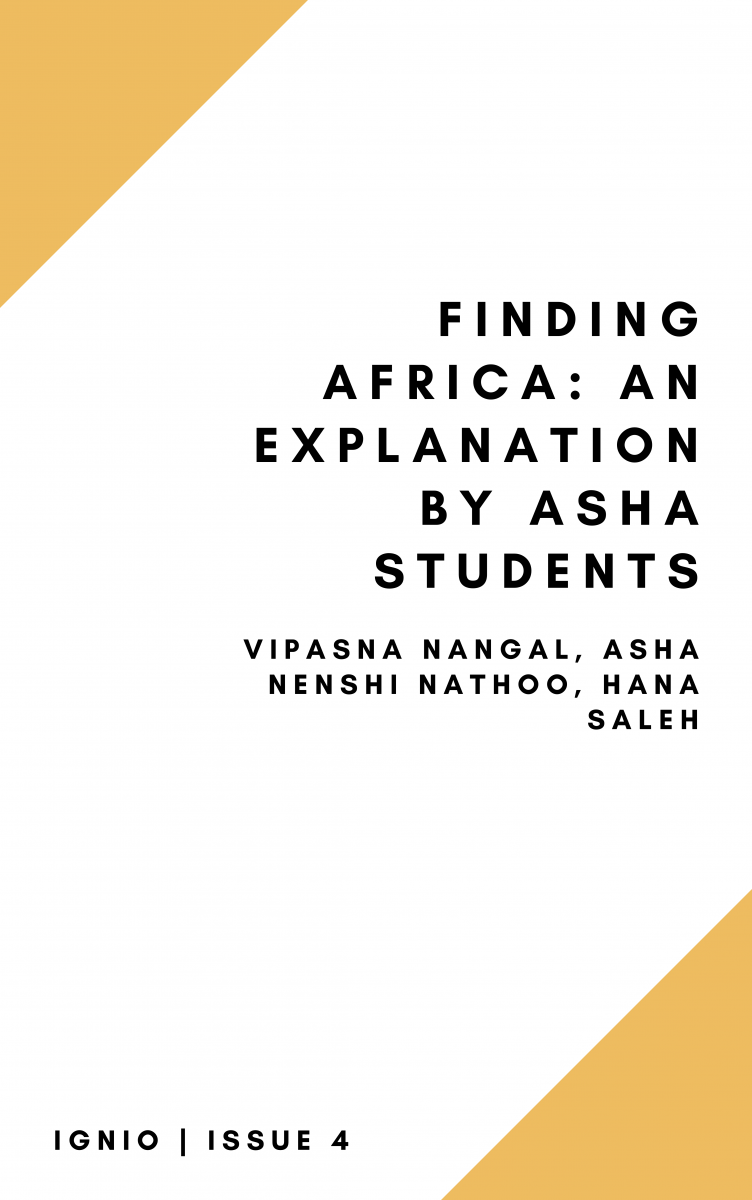 Creative Connections
Creative Connections
Finding Africa: An Explanation by ASHA Students
Vipasna Nangal, Asha Nenshi Nathoo, Hana Saleh, Second year students, Arts and Science Honors Academy (ASHA), University of Calgary
In the past, scholars have conceptualized development as a process predicated on economic
growth and conformity to Western institutions. This creative submission seeks to articulate African development through a different lens – one that helps the audience find Africa among misinformed, misinterpreted, and primarily Western rhetoric.
Let’s Connect
Ignio is an evolving initiative in its early stages. If you have any questions about the platform, are interested in contributing or volunteering, or would like to provide any feedback to our team, please contact ignio@aedsa.ca.


